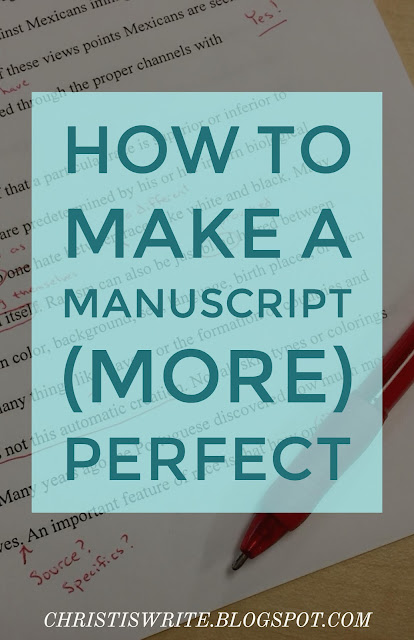Aspiring authors are frequently advised to build a writing resume in effort catch the attention of an agent or editor. The reason? Agents and editors search for writers who are not amateurs. They want to work with writers who have proven themselves to be skilled in their craft and experienced with words and deadlines. When they see a list of publishing credits beneath your name, they will gain respect for you as a writer. It gives them a reassurance about your ability to produce quality, publishable-worthy content.
At least, this is what goes through my mind as I review submissions for Hartline Literary and Illuminate YA.
But I’m sure this advice might cause some inexperienced writers to cringe. How is it possible to build this kind of shining writing resume when your writing has only been published on your blog—if that?
Here are ways you can start now at building a writing resume that will cause your submission to stand out in a slush pile:
1. Submit guest posts to blogs and online magazines.
Online publications are often searching for new content to build their database. Not only is this a great way to build your credibility as a writer, but it will also give you more exposure and help to establish your online visibility and platform.
Where to find this:
Use an online search engine to find blogs and online magazines that publish articles to the audience you hope to reach. (For example, if you hope to target a Christian teen audience, consider submitting an article for the blog to my magazine, PursueMagazine.net.)
2. Write for your school and/or church newsletter.
Where to find this:
If your school publishes a newsletter, ask if you could contribute an article to build your writing resume.
Same goes for your church newsletter. Find out if your church releases weekly newsletters; if so, ask how you can submit an article that meets their approval and guidelines. Many new writers have found this to be the best way to get their feet wet in the writing world.
3. Enter writing contests.
Placing in a contest is one of the best ways to establish credibility as a writer. There are several writing contests you can find online that offer a variation of categories to enter—such as short stories, flash fiction, devotions, articles, novels, etc. Here’s a plus: Some of these writing contests are judged by literary agents and publishers.
Where to find this:
WritersDigest.com holds multiple contests each year. TeenInk.com offers writing contests specifically for teen writers. Many writing organizations and writing conferences offer annual contests for unpublished writers as well.
(Side note: Recently, a teen writer sent a proposal to me at Hartline and stated that her work had been critiqued in a contest by an editor at Penguin/Random House. This editor told her that, out of all the manuscripts she’d critiqued in that contest, this writer’s work was the most promising. You better believe this gave me a new level of respect for this writer’s work!)
4. Publish your work in magazines.
After you’ve worked to establish yourself as a writer by publishing articles for free and/or writing for your blog, consider submitting your work to print publications. Again, find magazines that are targeted to your specific audience and publications that will build your expertise in a certain field. If you’re a fiction writer, search for magazines that accept short stories or flash fiction pieces.
Where to find this:
The latest Writer’s Market Guide (or Christian Writer’s Market Guide) is the best way to find a list of current magazines that are searching for submissions. Be sure to follow the specific writing guidelines listed in the writer’s market guide, and adhere to the specific theme if there is one.
If you begin to feel as though building a writing resume is annoying work that cuts into your book-writing time, remember this: Any time spent working with words is an investment into your writing career. Writing for blogs/publications will increase your visibility, validate your expertise, and help you practice writing quality content on a deadline.
Then, when an agent or editor receives your submission, they’ll know you’re not the type of writer who rushes toward achieving publication. Instead, you’re in this for the long haul. You’re dedicated and a hard-worker. You know what it takes to be a career-novelist, and you’ve already worked hard to invest in your career by first taking the time to build an impressive writing resume.
Do you have tips to add to this list? What’s the biggest struggle you’ve faced as you’ve worked to build your writing resume with zero experience?











